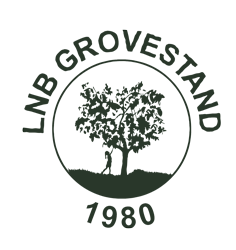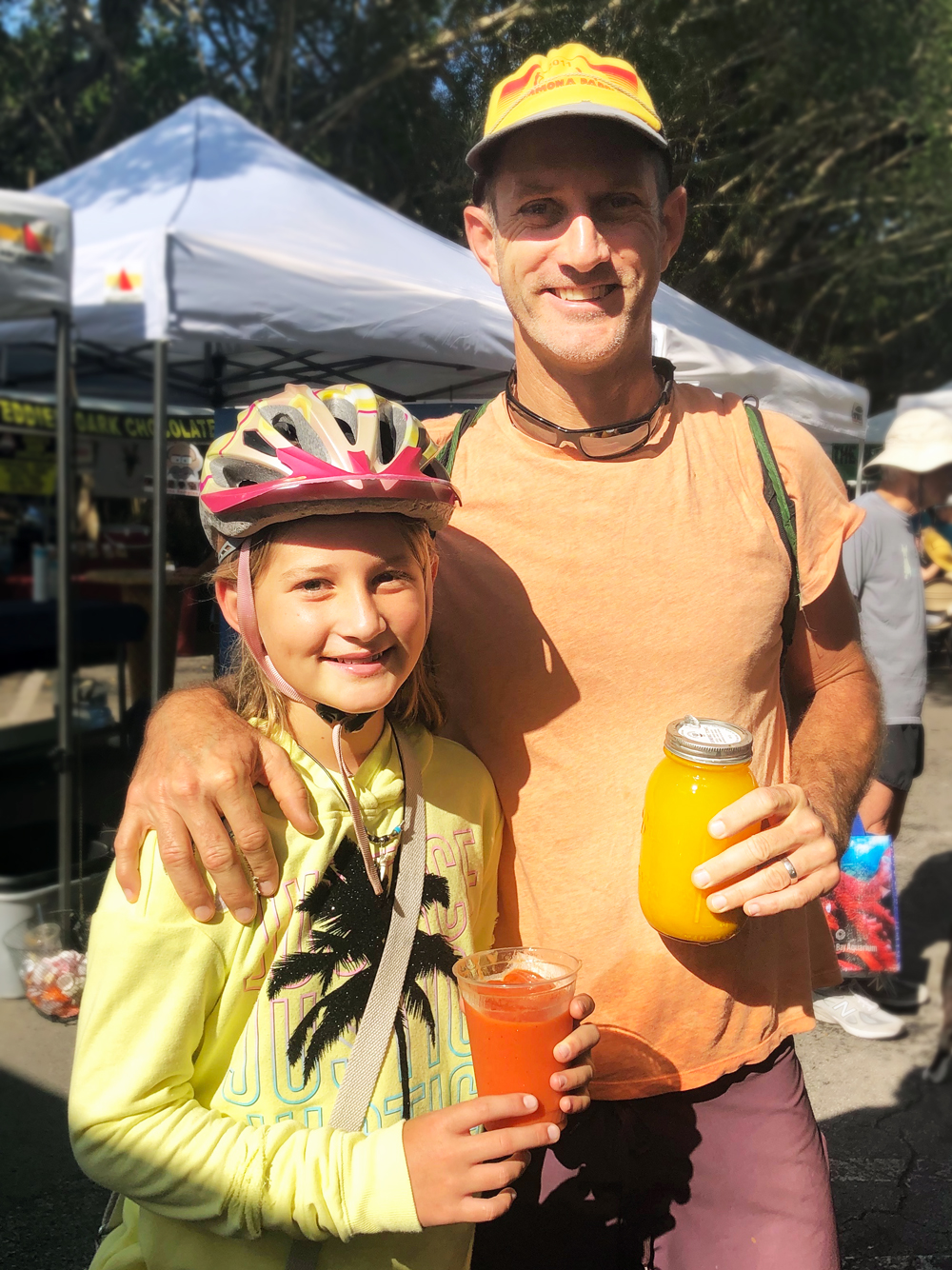
Sarah
Name:
Sarah
In what part of town do you live?
I live in Pinecrest. We’ve lived here for just over a year now,
Where did you move from?
We’ve been in Miami since 2014. Before that, it was Columbia, South Carolina. I’m from Columbus, Ohio.
How did you and Michael meet?
As soon as I realized that I could leave Columbus, I wanted to get out. As soon as I graduated from college, I moved to New York City. I met Michael at a German beer garden in the Lower East Side called Loreley. Michael was there because they serve Kölsch, which is a Cologne beer and he’s from Dusseldorf. Normally Dusseldorf and Cologne don’t mix because they have a long standing rivalry, but when you’re a German outside of Germany and you’re craving the taste of home, you’ll take even the competitor’s beer.
What brought you to the pub that night?
I was working for the German American Chamber of Commerce. As part of getting out of Columbus and as far away as possible, I went abroad to study and travel. So, I learned a second language, which was German. At the German American Chamber of Commerce I was working with students and interns coming from Germany as part of an exchange semester. We had about a thousand students. Moving to a big city was kind of lonely if you don’t know anyone. So, I started this thing called the trainee fraternity and wanted all the students to meet. There’s this German word called ‘Stammtisch’, which means a table for regulars. So, every Wednesday we would gather at the Loreley for a Stammtisch. I met Michael at the first one. He was the only one at the garden who I didn’t issue a visa for and didn’t know.
What are you working on now?
Now, I am the director of international admissions at FIU. Prior to the pandemic, I was traveling and recruiting international students for undergraduate and graduate programs at FIU.
What drives international admissions, is it mainly revenue generation because out of state students are paying more or are you looking for specific skillsets?
It’s two-prong. It’s the cultural exchange at the graduate level, especially at the PhD level. A lot of American students are not studying the STEM fields. So at the graduate level, we need the students for their research abilities and interest in those fields. At the undergraduate level, because those students are paying the out-of-state tuition rate, which is usually about three times the standard in-state rate, it’s absolutely a way for us to diversify our student population, but also access additional funding.
What do you enjoy most about your role?
When I get to travel and meet students in their home countries, usually either in their high schools or at a large fair, it’s really awesome to see how excited they are about their next academic steps and to be a part of that. I get to relive what I went through, trying to figure out where to go and what my future may hold. International students are also spending a good deal of money to come here and to have these experiences. So being a part of that investment and having that trust is just amazing. And, the ability to travel abroad, to eat new foods, meet new people, share and exchange ideas is awesome. I’d say that’s the reason why I’ve stayed with it. And now I’m also in a PhD program at FIU for public affairs and my research area is international student mobility and educational policy.
How do you pitch FIU to students?
Normally I like to focus on the value of the education. When you study in the US, you’re not just learning the specific skills of your field. You’re learning a much broader set of skills. You’re learning critical thinking. You’re learning communication skills. You’re working with people in group projects from around the world. If you’re specifically interested in something, you can work with faculty and engage in research. And, I think that you’re really well taken care of.
You have been coming to our drive-thru regularly. Would you tell us a little about what it is like?
It is great. I truly miss the farmer’s market as it was. I am really, really happy that, despite all of the lockdowns and everything, you guys and many of the small businesses were able to pivot and find ways to make it work. We’re happy to support that because it’s really important and valuable for the community. But also because we really like the Rainbow Smoothies, the Turmeric Concentrate, and now the Turmeric cookies.
How have you been using the Turmeric Concentrate?
I do a shot every day.
What other businesses or places have you made a point of supporting?
We still go to the Pinecrest Farmer’s market and support many of the vendors there. We’ve also started going to the other markets popping up. Palmetto Bay has a really nice one that you can walk through, as well as the Coral Gables and Vizcaya markets.
I think the Vizcaya market has a lot of potential. What was it like when you went?
It definitely does have quite a bit of potential. I like the fact that they opened up the back area. It’s really beautiful.
What’s Miami’s best kept secret? Or, if someone from Columbus is coming to visit, where would you take them?
I am addicted to Salsa dancing and the Cha Cha and before the lockdown it was the Tango. So, I would probably take them out dancing. Also, before COVID, we were going to the South Miami Dade Cultural Arts Center. The last show we saw there was the Naked Magician which was fun. So, I might take people to the cultural center.
Naked Magician?
Yeah, two guys got naked while doing magic. It’s not really about the magic. It’s about the comedy and they’re rather attractive men who are mostly naked.
Where do you go dancing?
That’s been changing a lot. There are several Facebook groups to follow the salsa scene. There’s two main DJs in South Florida. So you kind of have to follow them. DJ Mike Calderon and DJ Jorge Charun, and Estudio 35 in Hollandale.
What’s a worthy splurge for you?
Travel, especially right now because I miss it so much.
Are there any community or philanthropic groups that are important to you that you would like to promote or share?
When lockdown occurred and we were not going out and doing much, we joined Fairchild Botanical Garden and learned about Connect to Protect, which is an amazing program. Michael mentioned them last week too. One of the perks of the program, is you get five plants that are native to the Pine Rocklands ecosystem.
Would you like to share a pitch about FIU or something else you are working on?
FIU needs no additional introduction down here. I’d say FIU is doing some amazing things. If it’s a desire to go back and learn new skills or take that plunge, ang get that advanced degree – or complete a degree. FIU really supports their students and really wants to be a pillar of the community. I’m happy to be a part of that.
What question would you like to ask us?
(SN) Are fruit roll ups coming back?
(A+W) We make them in the summer when we have lots of extra fruit.
(SN) Among all the fruits and veggies that you grow, what is your favorite?
A: Lychee W: Canistel
Last week, Michael suggested one question that we should ask. Would you tell us about fostering dogs from Aruba?
We have a puppy that’s 16 months and his name is Leonard. We normally socialize our dogs and take them to the dog run, but because of COVID, he hasn’t been able to get out and socialize. I follow a woman on Instagram, called YogaGirl, and she started a pet rescue in Aruba called Sergeant Pepper’s Friends. They were looking for flight volunteers for people to transport dogs or alternatively to host them in their homes, like a dog hotel layover. It was twofold. It was to help the dogs that needed that layover. And we also wanted Leonard to experience other dogs and puppies and run and play in the backyard.
How many dogs have stayed at your house?
Eight dogs for three to four days. Sometimes it is a little faster. They come in in the evening and they fly out early in the morning.
Are there any words of advice or a challenge that you would like to pose to the community?
One of my favorite academics in policy is Charles E. Lindblom because he coined this silly phrase called ‘muddling through.’ Everything in decision-making, even in the policy making field is evolutionary rather than revolutionary. This resonates with me because whether I’m working in a large state university or trying to complete my dissertation, I think it’s important to remember that we can accomplish anything we want with smaller incremental actions. It’s much easier to pivot or make a mistake and change course if you are just making these smaller incremental steps. The important thing is to continue to move forward and eventually you’ll be where you want to be.
Related Posts
Leave a Reply Cancel reply
You must be logged in to post a comment.



